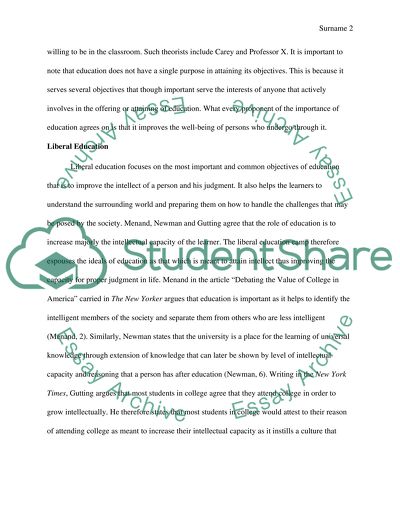Cite this document
(“The purpose of education Essay Example | Topics and Well Written Essays - 2250 words”, n.d.)
Retrieved from https://studentshare.org/literature/1480117-what-is-the-purpose-of-education
Retrieved from https://studentshare.org/literature/1480117-what-is-the-purpose-of-education
(The Purpose of Education Essay Example | Topics and Well Written Essays - 2250 Words)
https://studentshare.org/literature/1480117-what-is-the-purpose-of-education.
https://studentshare.org/literature/1480117-what-is-the-purpose-of-education.
“The Purpose of Education Essay Example | Topics and Well Written Essays - 2250 Words”, n.d. https://studentshare.org/literature/1480117-what-is-the-purpose-of-education.


